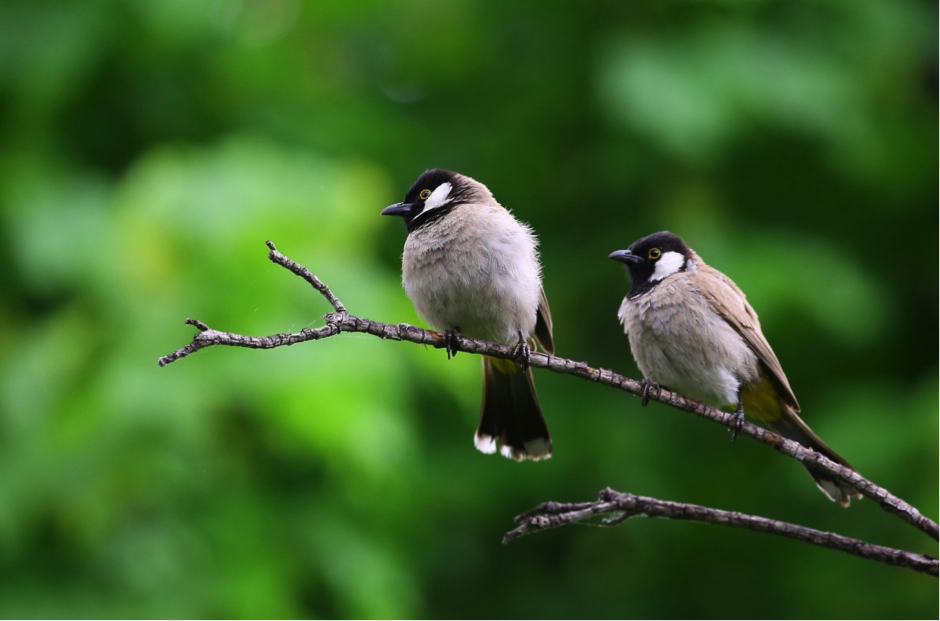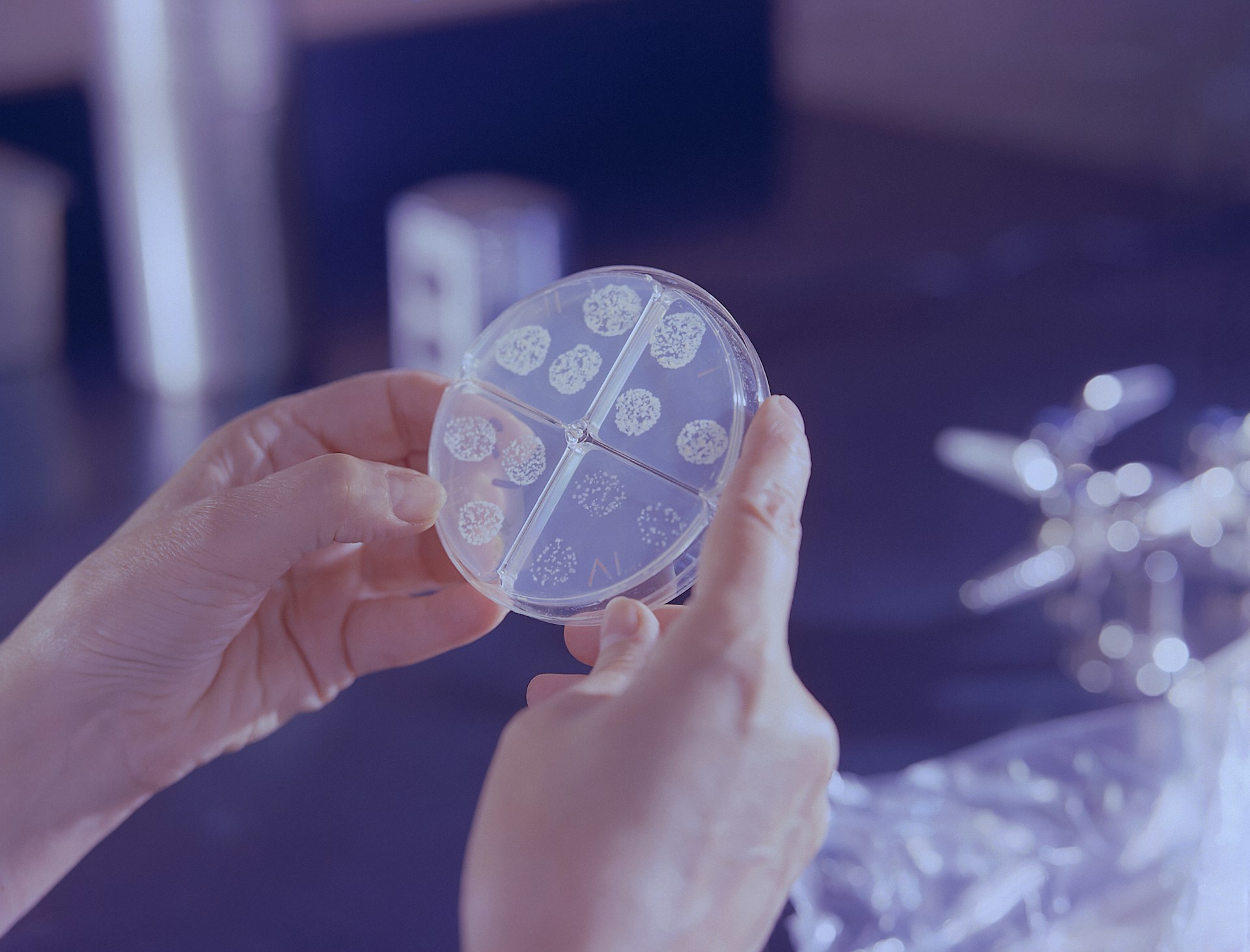Hi there! I’m currently a Biology student, but I’m also a prolific plant grower, keeper of strange invertebrates (there are some triops on my windowsill as I type this) and an excessive walk-taker (if that is a thing).

Why did you decide to study your subject at Oxford?
Biodiversity conservation was a prominent part of my childhood, thanks to birdwatching and my volunteering experience with the RSPB (Royal Society for the Protection of Birds). I nearly applied to study Conservation Biology, but in 6th form I realised that the different disciplines within biology are all intertwined, and I became especially fascinated by plant-microbe symbioses after attending a masterclass on the Future of Food (at Oxford, coincidentally). The idea of combining cutting-edge technology with global-scale change was really exciting, and the experience opened a new door for me.

What was your experience of the application process?
I guess my experience was pretty typical: I definitely did a lot of reading before I wrote my personal statement, though this was in part to get a better sense of what biological questions resonated most with me. I wrote my personal statement in September; I probably went through about 6 or 7 drafts? Then from October to December, before my interview, I found it very helpful/stress-relieving to interview myself or ask my friends to ask me interview questions.
To those interested in applying, I would definitely recommend reading/listening to podcasts and TED talks, or attending events to find out what appeals to you most. I found this enabled me to convey exactly why I wanted to study Biology at Oxford.
What were the first weeks of your ‘Oxford experience’ like?
I was quite nervous to start with, specifically about making friends and other social aspects of university life. I thought socialising would have to involve lots of large gatherings and clubbing. But during Freshers’ week I actually made 3 really good friends on a scavenger hunt organised by the college – we ended up living out together in Cowley in 2nd year! So I’m glad that I wasn’t put off by the classic expectation to go clubbing every night of Freshers’ week, and still tried to explore new things.
What does a typical day during term look like?
I wouldn’t say I have a strict daily routine, but given that our lectures are at the same time almost every day of the week, I organise my day based on where I have to be (for lectures or tutorials). So that usually involves waking up at around 8 am, then either exercising or just having breakfast before biking to my 10 am lecture. What I do after my lectures depends on whether I have a tutorial or labs1 (which are 2-3 hours long) later that day; I would either return home and continue working on tute (tutorial) prep/lecture consolidation or stay in a library until my tutorial/labs.
In the evenings, I might go to choir or volunteer, or attend any biology-related talks that week I happen to be interested in. While Biology has more contact hours2 than the humanities, it is less busy than the other sciences. So, you have to be prepared to spend lots of time doing independent study/reading.
What has been your experience of the Oxford tutorial system?
Biology tutorials are centred around a set essay question, followed by a group discussion. You have the opportunity to ask the tutor questions about the reading materials/topic, and they will also ask follow-up, often open-ended questions about the topic. These are the most interesting because you can gain insights into possibilities/new perspectives that you hadn’t previously considered.
During first year, most colleges set 1-2 essays a week, but in second year the number of set tutorials varies between colleges; at Hilda’s we probably have around 6-8 a term and then have the option to sign up for extra tutorials with non-college tutors. Sometimes (more often than not during first year) tutorials are loosely based around the course structure, but during second year there is a lot more variety and flexibility.
What skills will you gain from your course?
Since Biology is an essay-based subject, I spend a lot of time reading and selecting appropriate information to include in my essays, so I have definitely improved my ability to extract the most important findings/concepts from a paper (instead of simply copying everything down). And they differ from humanities essays because you are expected to present your points with empirical evidence and be able to explain key concepts. Organising your thoughts/findings into a coherent structure is really important.
What is college life like for you?
St Hilda’s is definitely a more relaxed college and there are a variety of social events that you can (but don’t have to) attend. However, when I’m not working I spend most of my time in college distracting my friends, cooking, baking, taking walks or sometimes booking out a practice room to play piano (St Hilda’s has great music facilities).

How is life outside university & college?
I also enjoy playing tennis, especially in the summer! And I love exploring Oxford at different times of the day, and seeing it from new angles. Though having lots of independent study can be hard (when it comes to motivating myself), it also means my schedule is very flexible and I have been able to visit galleries, listen to concerts and meet up with people at virtually any time of the day, which is the best thing for de-stressing and making the most of the flexibility that university life has given me!
Glossary:
1) ‘Labs’ refers to practical classes involving laboratory work.
2) ‘Contact hours’ is describing time during which a student receives active instruction as part of a course of study.
Sources:
Title image: pxhere.com (Made available under Creative Commons CC0 (public domain)).
Priops image: wikimedia.commons (Made available under the Creative Commons Attribution-Share Alike 4.0 International license.)
St. Hilda’s College building: wikipedia.org (Public domain image.)
This article is part of our series of ‘Student profiles’ where we explore the student life at Oxford. Did you ever wonder how students come to study at Oxford and how the application process feels like? What about all the quirky Oxford traditions, the college system and tutorials? And how does all this ‘Oxford experience’ differ between natural and social science courses? In this series we ask students to tell us about their experience.





